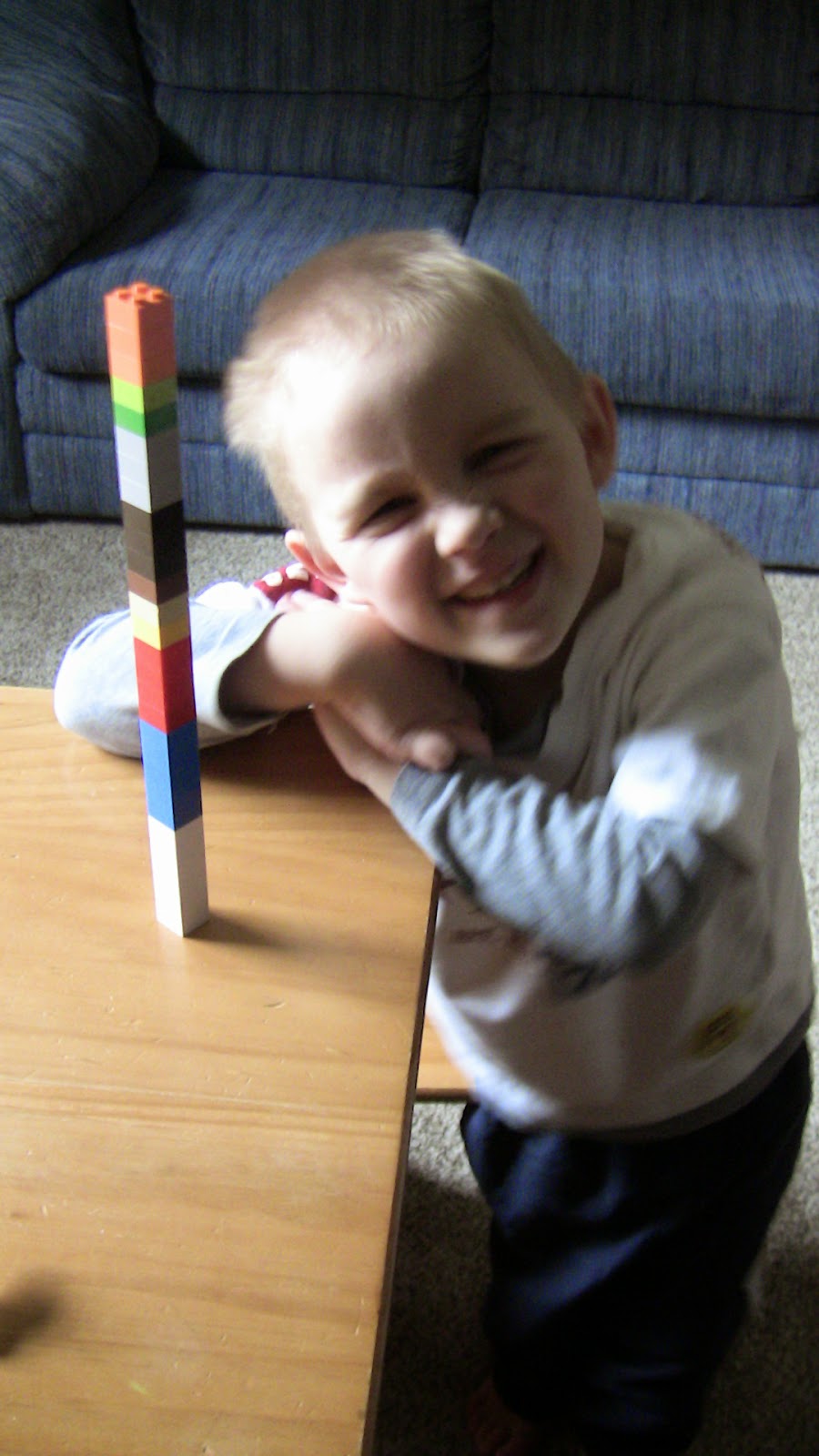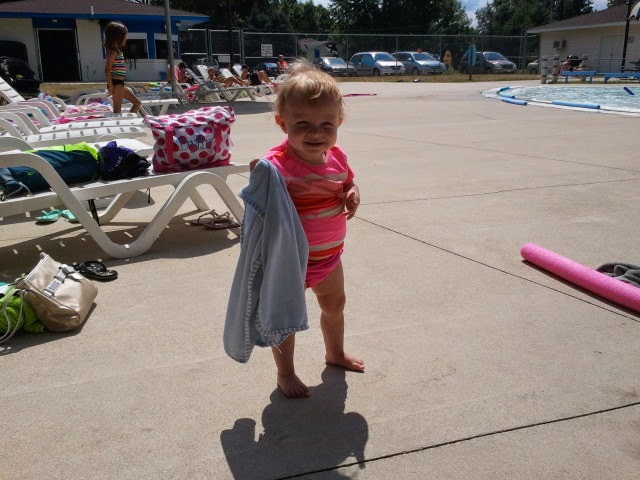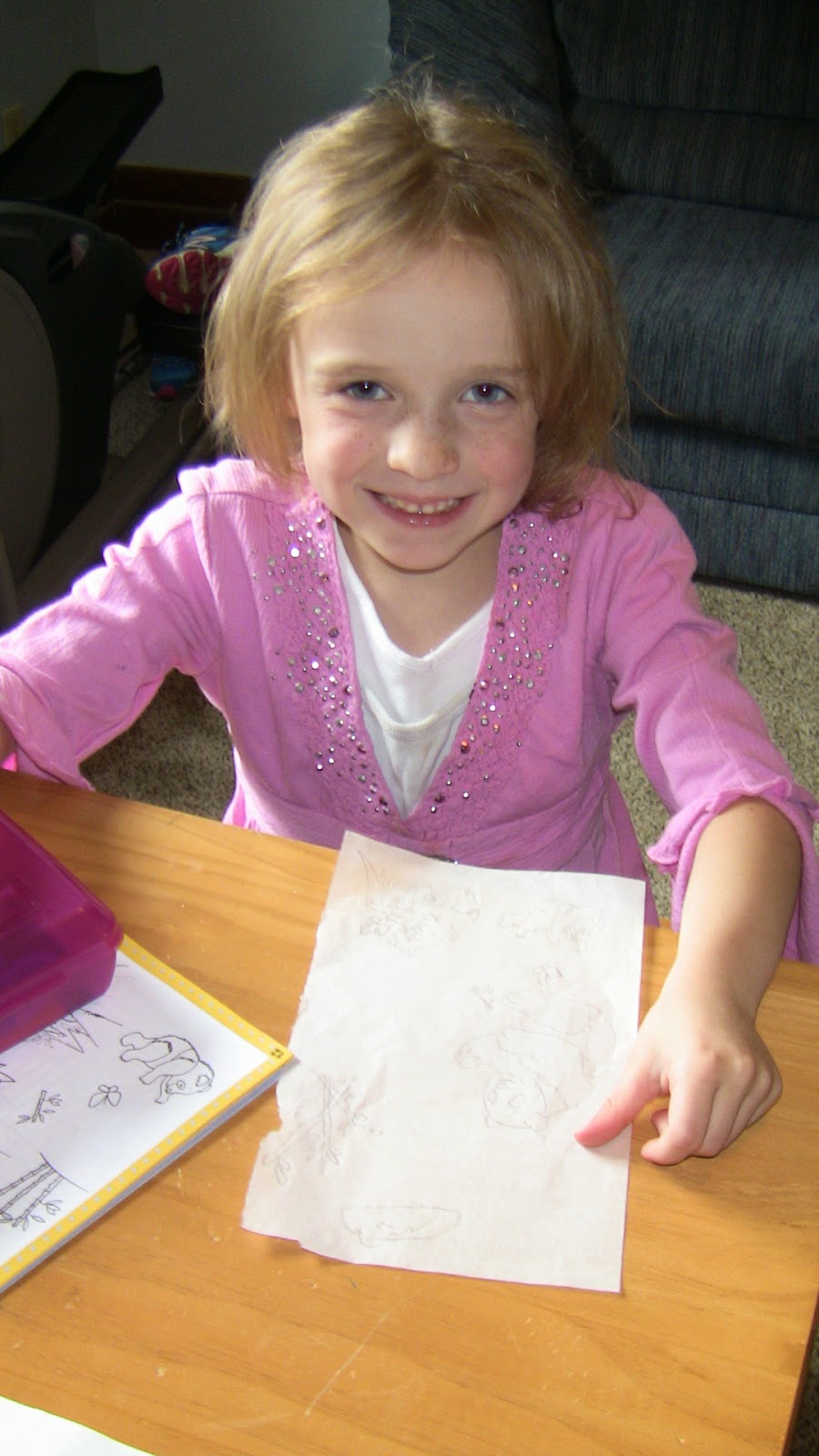Take an inventory and
do some research.
By an inventory, I mean ask yourself three honest
questions.
1. 'What are the most
important things I want for my child/ children?' Look at ALL aspects of life. My answers to this question for my kids
include things like love for their Savior, strong family relationships, good
work ethics, and a love of learning.
Actually, those are my top four. Put
your answers in order so you can see what your priorities are.
2. 'What do I want to
see academically for my child/ children?' or 'What do I think he/ she/ they
should learn?' For each, answer 'Why is
this important?' and then prioritize that list.
Be sure to answer 'why' for each thing.
If you find that your honest answer is because you feel some sort of
pressure from the 'experts' or the world around you and you don't have another good reason, be
willing and ready to evaluate/ research if that thing IS important or not; then
decide for yourself. Really focus on your
child's strengths, weaknesses, interests, and learning style(s) when you do
this part.
Part of mine looks
something like this: Love to learn because
if they love it, they will do it willingly, continually, and they will learn so
much more. Be allowed to go at their own
pace because that will make it a
happy experience and, in truth, I can't actually MAKE them learn very
much. Learn to read because books allow them to learn just about everything. Learn certain life skills (i.e. cooking) because I believe it's important to
contribute to the family and I want them to be able to take care of their own
families someday.
3. 'What would the good and bad aspects of 'X type of
education' be for my family?' Make a
list for each and consider things like academics, family relationships,
friendships, work, play, ethics, and morals.
Look at your previous priority lists for some guidance on this. I've found that focusing on my top priorities
tends to help things fall in place.
If your inventory leads to a private or public option for
education, research that. There are many
types of schools available. Be sure that
you are doing what is best for YOUR family considering all factors. There may be groups (i.e. facebook, yahoo,
local parent groups, etc.) dedicated to supporting these options. Educate yourself on what will be taught in
'X' school and others' experiences with it.
Now, if your inventory leads you to consider homeschooling,
let's talk about some research. You
might be thinking: 'How do I do this?',
' CAN I do this?', 'I don't know where to start!' It's scary to take the road less travelled,
especially for the first time. Actually,
I'm convinced that is THE hardest part about homeschooling, at least for many.
While I believe strongly in the method I use, I recommend
reading about multiple methods to see which ones will best fit with the
priorities you've identified in your inventory.
There are so many ways to go about homeschooling (canned curriculums,
winging it, child led, parent led, specific philosophies like Charlotte Mason,
unschooling, etc.). Identifying what
will fit your family best will greatly increase your confidence and save you
much frustration (and probably money too).
I will add that prayer played an important role in our family's
decision.
It can also be really helpful to join some of homeschool
groups where you can ask specific questions, and glean from the other conversations. These are available on facebook, yahoo,
locally just about everywhere, and probably many other places that I'm unaware
of. I'm part of several on facebook
including a few for my specific style, a general one with others from my religion,
and one for my local area. They are a
great source for support, information, and ideas.
Here's a very short 'how' with what has worked best for my
family and which I think can be applied to all situations.
1. Environment. I've
found that creating a great learning environment is inspiring. For us it's very simple: we have lots and lot
of books...everywhere...and we are regulars at the library. We also have very limited electronic media
use. Kids will naturally gravitate to
and use what they are surrounded by.
This is especially true when distractions are minimalized, which is why
we limit electronics so much. A great
learning environment will look different in every home. Some people will have lots of art supplies
available, some will have maps everywhere, some will have lots of educational
games, and many have a combination.
Identify your biggest distractions and reduce them, at least for school
hours. Some common distractions are
media, messes, and noise (including crying and fighting children).
2. Love of Learning.
If I aim for a love of learning, I find that I can usually figure out
how to teach my children on their level AND make it enjoyable for all of
us. It helps me keep an appropriate
amount of pressure for school activities, and helps me relax enough to receive
inspiration for what they need from me.
I can't say enough for allowing a child to work at their own pace and
according to what they REALLY need. The
right pace makes all the difference in the world. It means the difference between a happy
experience and a miserable one, and it lays the groundwork for a child to
willingly learn their whole life through.
It also takes much LESS time for a child to master something when they
are allowed to learn it WHEN THEY ARE READY.
Academic skills (which is primarily what most are focused on at the
elementary ages) can often be learned very quickly; we waste a lot of time and
effort, and risk developing a 'hate of learning' when these things are pushed
at the wrong times.
3. Reasonable and Realistic Goals. When I look at my own priority list, and consider
my own strengths, weaknesses, and life factors (schedule, family duties,
environment, etc.), as well as the same for my children, I can set good goals
for our school days. The priority list
is HUGE in this. I have to be reasonable
with myself and my children. When I am,
things are happy and smooth.
Last, on the topic of research I'll briefly mention the
method I subscribe to. It's called a
Thomas Jefferson Education: Leadership Education (TJEd). Basically it's a principle based method that
can be applied in any setting. It gives
an understanding of HOW children naturally progress through learning phases,
and principles to best guide them. I
love it because it allows me to teach academics the same way I teach my kids
our religion. It's natural, happy, and
inspired. I'm able to throw out anything
that doesn't work and pull in anything that does. If anything I've said previously, or in my
blog posts ring true for you and your family, I HIGHLY recommend looking into
TJEd. The intro book is a very easy,
straightforward read. Here's the
webpage: http://www.tjed.org/ A good place to start is by reading their
introductions on the 7 Keys and the Phases of Learning.
Finally, I'll share a couple of resources. Here are two FABULOUS homeschool blogs:



















































